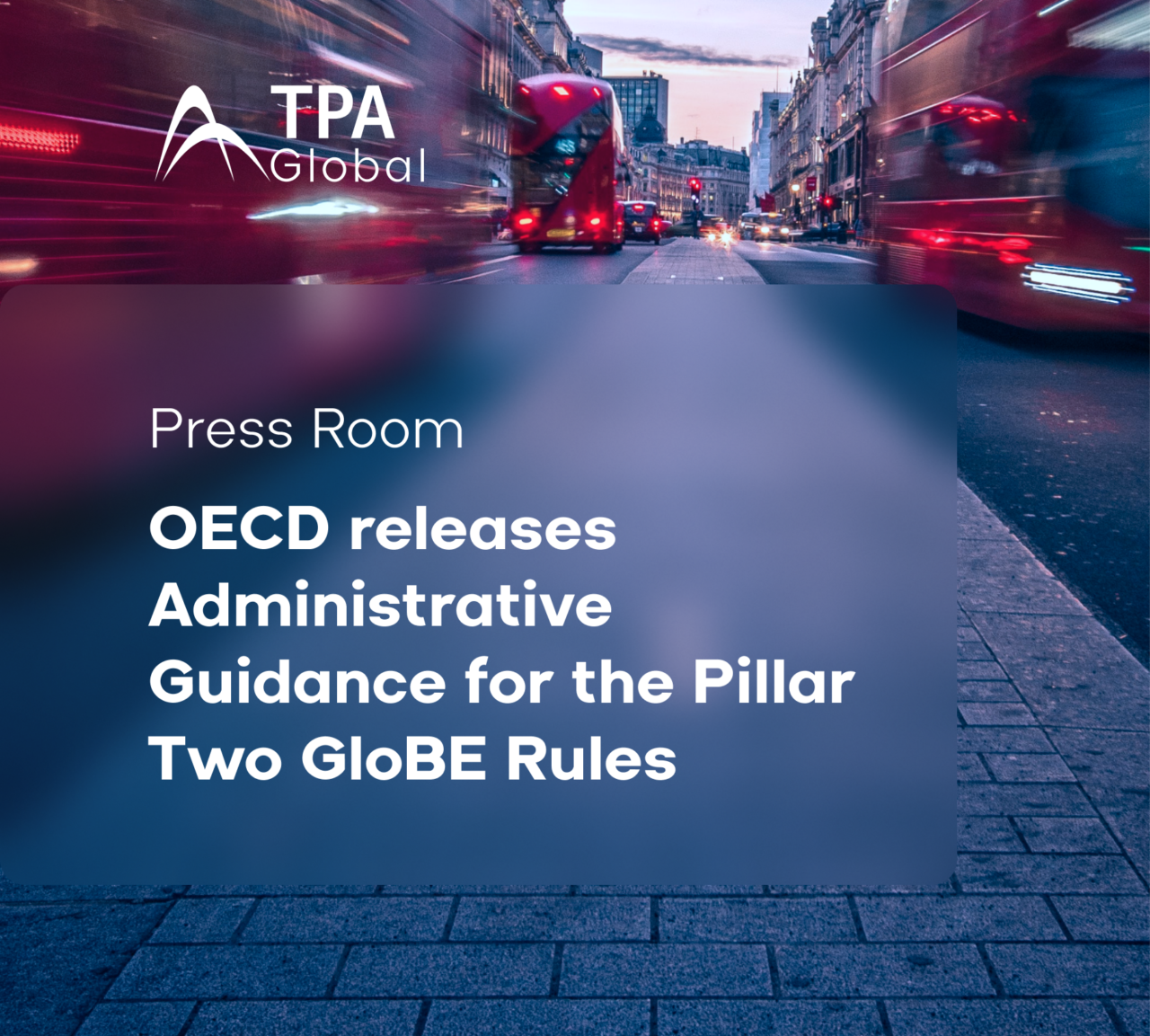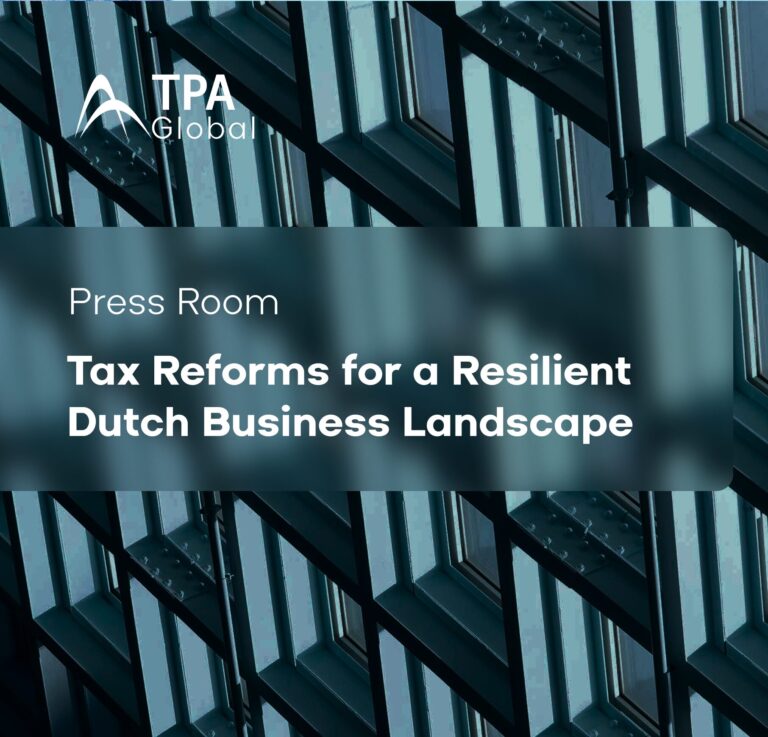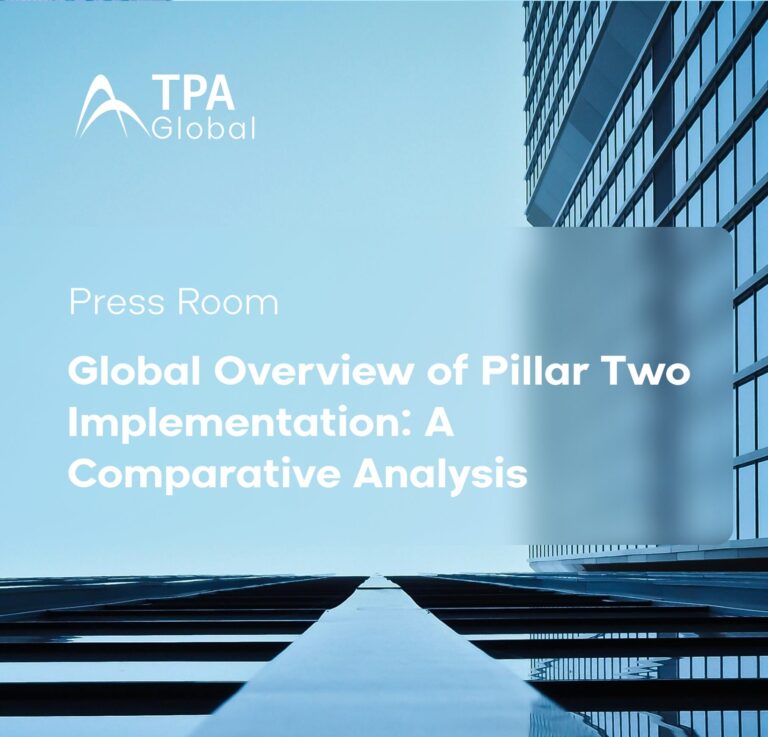The OECD released the Administrative Guidance for the Pillar Two GloBE Rules on February 2nd, 2023. Governments will benefit from the technical and administrative guidance as they implement the model rules to the international tax system, which will guarantee that MNEs with revenues above €750 million will be subject to an effective minimum tax rate of 15%. This also provides MNEs in scope of Pillar Two with an additional layer of guidance around how Pillar Two will impact their business, something that has been uncertain for the past months.
Following the publication of the Safe Harbours and Penalty Relief document in December 2022 and public consultations on the GloBE Information Return and Tax Certainty, the release of the Agreed Administrative Guidance completes the Implementation Framework as outlined in the October 2021 Statement on the Two-Pillar Solution to Address the Tax Challenges Arising from the Digitalization of the Economy.
The Administrative Guidance contributes to greater certainty when applying the global minimum corporate tax rules from 2024 onwards and it will primarily focus on the following aspects of the GloBE Rules:
1. Scope;
2. Income and taxes;
3. Application of GloBE Rules to insurance companies;
4. Transition; and
5. Qualified Domestic Minimum Top-up Taxes (QDMTTs).
The guidance covers over twenty topics, including further directions on matters such as the recognition of the United States’ minimum tax (known as the Global Intangible Low-Taxed Income or “GILTI”) under the GloBE Rules, as well as guidance on Qualified Domestic Minimum Top Up Taxes (“QDMTTS”) that countries may choose to adopt, a development that is taking place rapidly across jurisdictions.
Furthermore, the document takes into account stakeholder feedback on technical issues, including the treatment of debt releases and specific tax credit equity structures.
A revised version of the GloBE Rules Commentary, including the Administrative Guidance, will be released later this year, replacing the original version published in March 2022.



